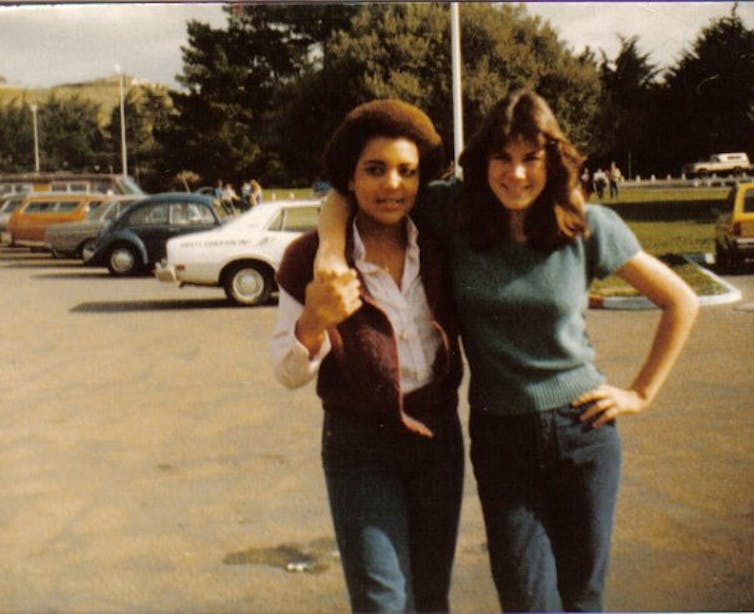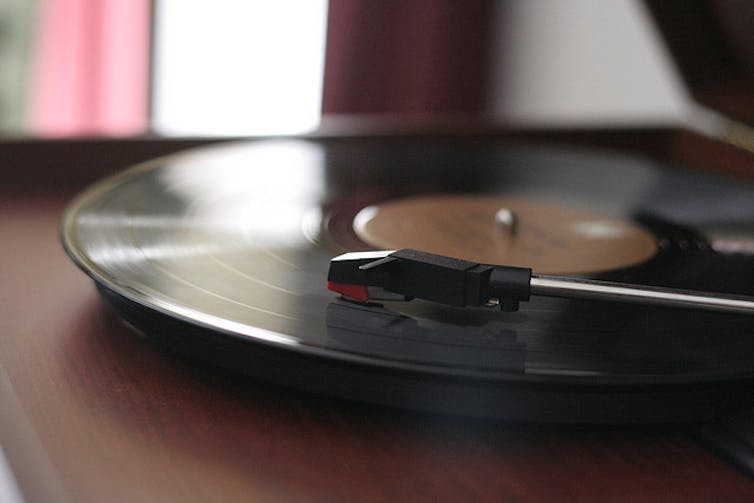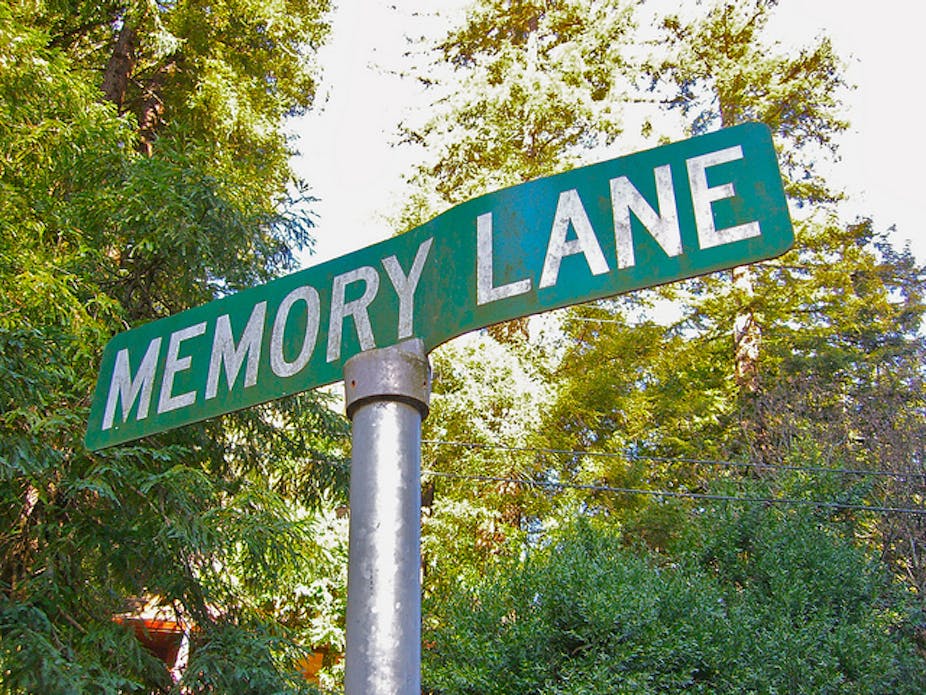I was recently interviewed by a reporter from a major news organisation about my research on the psychology of nostalgia.
The reporter was asking me questions such as, “Isn’t it unhealthy to live in the past?” and, “Does nostalgia keep people from looking forward, planning for the future, and embracing new opportunities?”
Turns out this reporter had spoken to some economists who were pushing the idea that nostalgia is a barrier to living in the present and investing in the future.
I wasn’t terribly surprised that the starting point of our conversation was about how nostalgia might be problematic. After all, this has been the view of this emotion for hundreds of years.
A sad history
When the term nostalgia was coined in the late 18th century, it was employed to describe what was believed to be a cerebral disease unique to Swiss mercenaries fighting wars far from home.
Nostalgia was a source of suffering, causing symptoms such as irregular heartbeats, anxiety, insomnia, and disordered eating.
Eventually, nostalgia evolved from being considered a medical condition to being viewed as a mental disorder similar to depression. And this was the case until the later part of the 20th century.
The problem with this view of nostalgia as unhealthy is that it is empirically unsubstantiated. Past scholars and practitioners did not systematically explore the experience of nostalgia and the effect it had on people.

They observed that nostalgia was accompanied by symptoms indicative of ill health (anxiety, for instance, and sadness) and assumed that they were the cause. They didn’t entertain the possibility that the relationship went the other way: nostalgia is a response to distress, not the trigger.
So, nostalgia had a bad rep.
During my interview, I asked the reporter what kind of data these economists had to support the view that nostalgia is harmful. Silence. And then the distant sound of crickets.
A new page
Nostalgia has now received a great deal of attention in the field of empirical psychology and dozens of published studies paint a much more positive picture of this emotion than past scholars did (and some present-day economists evidently).
Many of these studies were conducted by my colleagues and I, and after about ten years of laboratory research, a number of questions about nostalgia can now be answered with data.
Does nostalgia lead to poor mental health? That is, is nostalgia bad for you? No. Studies in which nostalgia is experimentally manipulated indicate that engaging in nostalgic thoughts does not lead to negative emotional states.
Instead, nostalgia activates a number of positive states. Specifically, nostalgia increases positive mood, self-esteem, feelings of social connectedness, and perceptions of meaning in life.
To date, no research has reliably observed any negative psychological consequences of nostalgia.
OK, but why is nostalgia good for people? To answer this question, we need to consider the content of nostalgic memories.
Studies indicate that nostalgic memories are focused on personally treasured life experiences. When people engage in nostalgia, they bring to mind past experiences that they find meaningful.
Nostalgic memories tend to prominently feature the self, but are also very social in nature. People are nostalgic about time spent with close others.
Finally, nostalgic memories are happy memories or at least memories that have happy endings. So nostalgia is good for people because nostalgic reflection allows them to revisit cherished experiences from the past shared with friends and family.
And these experiences make people feel meaningful, valued, loved and happy.
What makes people nostalgic?
Nostalgia has a wide range of triggers. Familiar smells, music, and connecting with old friends on Facebook can activate nostalgia.

But research shows the experiences that most commonly trigger nostalgia could be described as psychological threats. Loneliness, for instance, is a prominent trigger of nostalgia.
Other psychological threats that have been documented to generate nostalgia include negative moods and feelings of meaninglessness. So past physicians and therapists might have been correct in detecting a relationship between negative emotional states and nostalgia.
But they were wrong about the direction of the relationship. Nostalgia doesn’t trigger distress, distress triggers nostalgia. And, as current research demonstrates, nostalgia promotes good psychological health.
Indeed, nostalgia appears to be the tool people use to counter or cope with negative psychological states.
Is it good?
Nostalgia helps people cope with psychological vulnerabilities. A recent series of studies, for instance, indicates that loneliness leads to nostalgia, which, in turn, increases feelings of social support.
A consequence of being lonely is the feeling that you have no one to turn to for support. And perceived social support is important for mental and physical health.
Nostalgic memories typically involve close relationships and remind people that they have others who care about them. So when people are lonely, they recruit nostalgia to bolster feelings of social support.
Other studies indicate that nostalgia similarly helps people cope with feelings of meaninglessness.
A number of scholars in labs around the world are now studying nostalgia. And a similar picture is emerging across these different labs.
Nostalgia is a healthy emotion that promotes well-being and helps people cope with vulnerabilities and insecurities. Nostalgia is not about living in the past, it is utilising the past to help with struggles in the present.
Nostalgia doesn’t keep people from looking ahead and planning for the future – it helps give them the strength to move forward.

